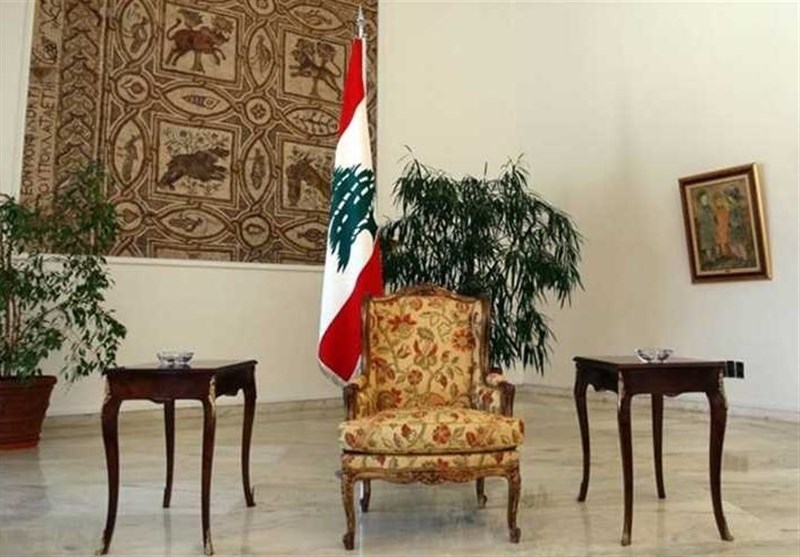In an interview with the Strategic Council on Foreign Relations website, Seyed Reza Sadr al-Hosseini recalled that two million people in Lebanon live in extreme poverty, half of whom are Lebanese. The other half are Syrian, clarified: Lebanon has not had a president for more than nine months, and the responsibilities of the post of prime minister, which should be determined after the election of the president, in the current situation is carried out by a person who, due to his temporary management, cannot plan and approve macro, fundamental and long-term measures, and only the daily tasks of the prime minister are carried out.
While referring to the meeting of the representatives of the member countries of the five-way committee to deal with the presidential crisis in Lebanon on the sidelines of the United Nations General Assembly meeting consisting of Egypt, France, Qatar, Saudi Arabia, and the United States, he added: According to media reports, in this meeting, all the proposed candidates have been examined, but none has reached the consensus. In addition, the representative of the United States announced that with the continuation of the current situation, his country can no longer continue its aid to the Lebanese army.
The expert on West Asia affairs, saying that the meeting of the five-party committee in New York has failed, pointed out the differences between the United States and France regarding the Lebanon case and the US request regarding the creation of a specific time frame for Le Drian’s mission and said: Le Drian, as the special representative of France in Lebanese affairs, has not yet proposed a significant and special initiative to solve the Lebanese issues. It is true that he has held meetings with all political groups and movements and met with representatives of some countries such as Qatar, Saudi Arabia, Egypt, and the United States. Still, France does not have an operation plan to resolve disputes.
Sadr al-Hosseini continued: The failure that French President Macron experienced after the events related to the Beirut port explosion showed that France trying to play a role in Lebanon, as in the past, does not have the necessary place in the public opinion of that country for the settlement of disputes. Now, Le Drian is trying to enter the scene by approaching the idea of Mr. Nabih Berri as the Speaker of the Parliament, to the effect that there is no way out of the current situation except through dialogue.
Saying that political observers do not see any new initiative or approach from France, he pointed out France has not even been able to focus the group of Sunnis on one person or one method. He added: One of the main reasons for the failure of twelve rounds of parliamentary sessions to determine the president is the differences among Sunnis. While almost in the past, the Sunnis had a single representative. This party and organizational power do not exist among the Sunnis in Lebanon.
The expert on West Asia affairs pointed to the statements of Lebanese political figures criticizing the results of the five-party group meeting in New York and said: They also believe that such meetings were just playing games for the Lebanese and have been a path to nowhere.
Sadr al-Husseini, referring to France’s efforts to win the opinion of Saudi Arabia and the US strategy to give the upper hand to Qatar regarding the solution to the Lebanon crisis, added: In the current situation, France needs to be able to act as new colonialists in the European Union and front of European countries and the United States; because the anti-French movements in Africa have significantly weakened Paris in its political positions and we are witnessing an apparent hatred of France in the African continent and as a result the country’s position in other places such as Lebanon has declined. However, it does not seem that Le Drian’s efforts can bring Lebanon out of the current situation and bring success to France. On the other hand, the US has demanded a time limit to solve this problem.
Saying that before the meeting in New York, it was announced that Le Drian supported the initiative of the dialogue of Nabih Bari and brought the other member countries of the committee to a consensus, but the results of that meeting did not show anything like that, he recalled: Le Drian announced that he would return to Beirut early next month to pursue the initiative of the speaker of the Lebanese Parliament and advance the national dialogue among the Lebanese to elect a president, but since two years ago, he has seen the decline of France’s position among the Lebanese people and even some Christians who by forming party groups and movements for years, promoted the proposals and strategies of France in Lebanon and obeyed them completely. In this situation, the political situation in Lebanon still has a vague perspective.
Sadr al-Hosseini stressed that the escalation of differences between the Sunni people caused the delay in the voting in the parliament for the election of the president and the prime minister. Mr. Le Drian certainly did not have anything new to say. He did not make such a claim in this regard. He said: Although Lebanon continues its political life, in the current situation, it is not possible to develop and take significant measures in the medium and long term to solve economic problems.
The expert on West Asia affairs continued: Although the people of Lebanon have experienced longer political crises, in the current situation, the possibility of advancing any plan to solve the country’s infrastructure problems is ruled out, and this is what the enemies of Lebanon and the Zionist regime want.










0 Comments